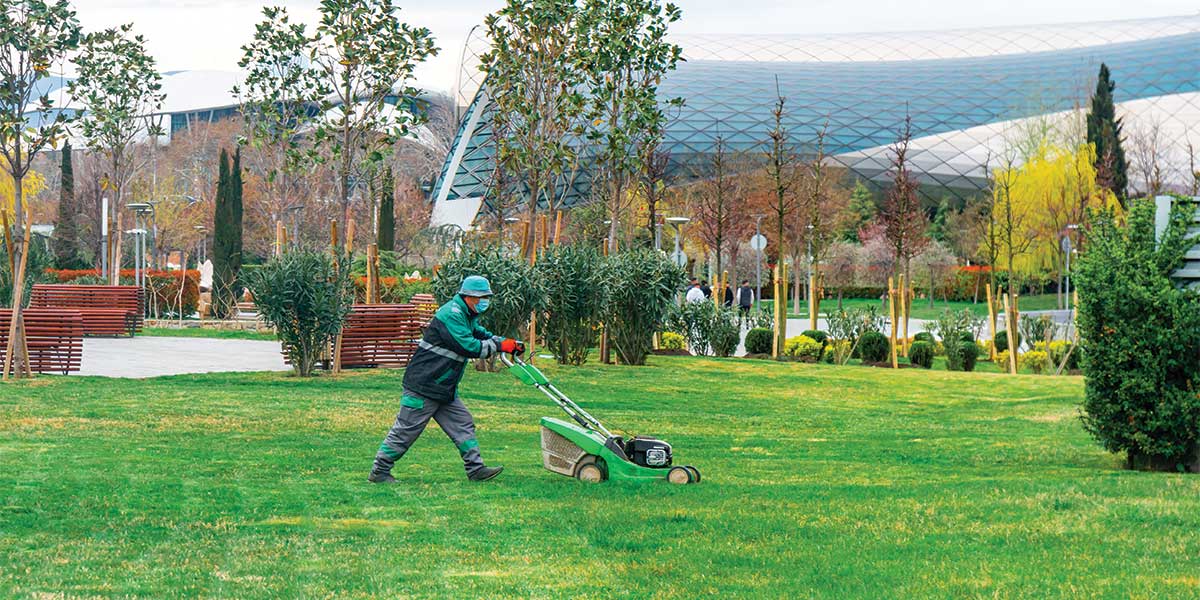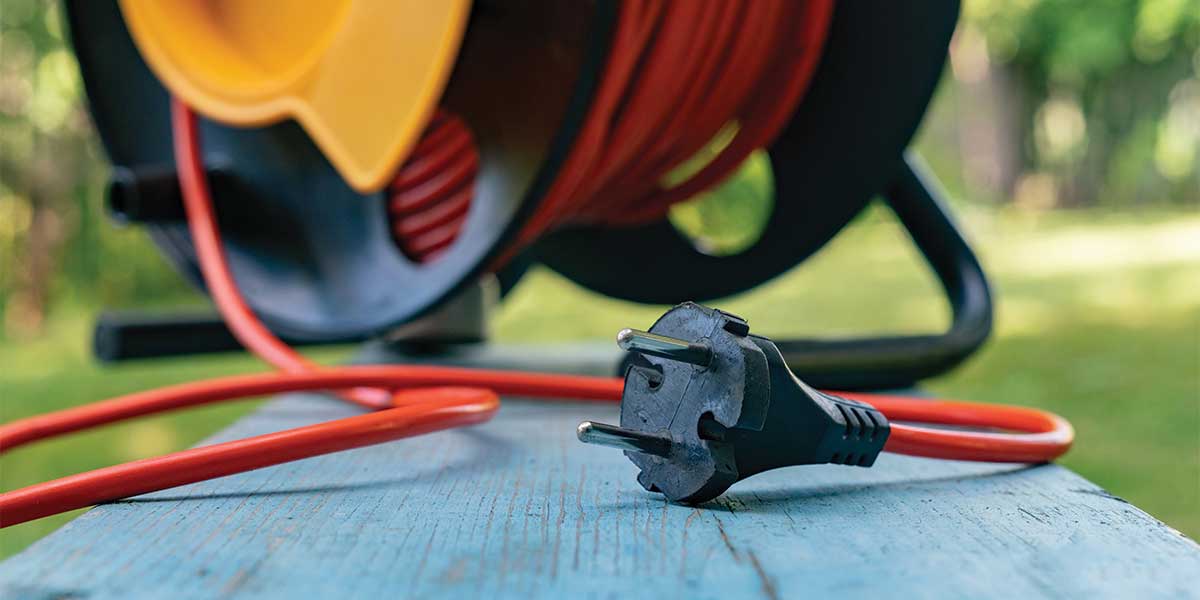Outdoor electrical safety isn’t just about avoiding shocks, it’s about protecting your home, family, and even your pets from potential hazards lurking around outlets, lights, and tools outside your house. Whether you’re hosting a BBQ, working on your landscaping, or plugging in decorative lights, you need to follow the right procedures to stay safe.
In this complete guide, we’ll cover the most critical outdoor electrical safety tips, explore common mistakes, and offer expert-backed advice for making your outdoor spaces both functional and secure.
Why Outdoor Electrical Safety Matters
Outdoor electrical systems face unique threats: exposure to moisture, fluctuating temperatures, rodents, improper installation, and aging infrastructure. Without proper safeguards, you risk:
-
Electrical fires
-
Shock or electrocution
-
Property damage
-
Injuries to family members or pets
Following a thorough outdoor electrical safety checklist helps you avoid these risks. Let’s dive in.
GFCI Outlets: The First Line of Defense
A Ground Fault Circuit Interrupter (GFCI) is a must-have for any outdoor outlet. It detects electrical imbalances and shuts off power instantly to prevent shock.
Why You Need GFCIs Outdoors
-
Prevents electrocution: GFCIs cut power before a surge harms you.
-
Code compliant: Canadian Electrical Code requires GFCIs for all exterior receptacles.
-
Essential near water: Pools, hot tubs, and sprinklers increase electrical hazards, GFCIs reduce the risk.
Need help choosing the right outlet protection? See the Electrical Safety Authority’s guide for outdoor installations and protection strategies.
Pro Tip: Test GFCI outlets monthly using the “Test” and “Reset” buttons. If it doesn’t trip and reset properly, call a licensed electrician immediately.
Safe Use of Extension Cords Outdoors
Extension cords are not created equal. Only use cords rated for outdoor use. These are built to handle temperature shifts and moisture.
How to Use Extension Cords Safely
-
Inspect before use: Frayed or cracked cords can spark fires.
-
Right size matters: Match the cord’s length and gauge to the appliance’s power draw.
-
Don’t overload: Powering multiple devices on one cord can cause overheating.
-
Avoid tripping hazards: Keep cords away from walkways or tape them down.
You can review more tips on proper use of outdoor cords via the CPSC’s outdoor electrical safety guide.
Lawn Equipment: Electrical Safety While Mowing
Before starting your lawnmower or weed trimmer, walk the lawn and remove sticks, rocks, or loose wires. Many accidents happen simply due to unseen debris.
More Lawn Mowing Safety Tips
-
Daylight only: Better visibility means fewer surprises.
-
No wet grass: Reduces the chance of slips and electrical shocks.
-
Wear the right shoes: Closed-toe, non-slip footwear is a must.
-
Avoid cords in tall grass: Keep extension cords visible and clear of mower paths.
Power Tools and Outdoor Projects
DIYers, take note: outdoor power tools need extra caution. Even cordless tools can pose risks if batteries or chargers are improperly used.
Tips for Safe Outdoor Power Tool Use
-
Check the casing: No cracks or exposed wires.
-
Dry conditions only: Never use electrical tools when it’s raining or on damp surfaces.
-
GFCI use is mandatory: Plug into GFCI-protected outlets.
-
Unplug when done: Reduces the risk of shock and extends tool life.
Outdoor Lighting: Functionality Meets Safety
Outdoor lights add beauty and security but only when installed and maintained properly.
Key Lighting Safety Tips
-
Weather-rated fixtures: Only use lighting fixtures labeled for outdoor use.
-
Use LED bulbs: Lower heat generation reduces fire risk.
-
Install motion sensors: Improves security and saves energy.
-
Regular maintenance: Replace bulbs and check for moisture inside fixtures.
Protecting Outdoor Electrical Fixtures
Moisture is your biggest enemy outdoors. Rain, snow, and dew can corrode wires and connectors over time.
How to Protect Outdoor Systems
-
Weatherproof covers: Always use outlet covers rated for outdoor use—even when in use.
-
Elevate connections: Keep outlets at least 12 inches off the ground.
-
Enclose fixtures: Use sealed, gasketed boxes for added protection.
-
Inspect for corrosion: Rust or discoloration is a red flag.
Outdoor Electrical Wiring: What to Watch For
Outdoor wiring, whether powering a shed, fountain, or patio heater, must meet strict standards.
Best Practices for Wiring Safety
-
Use underground-rated cable: Avoid surface runs unless properly encased.
-
Follow code: Canadian Electrical Code requires specific conduit types and burial depths.
-
Hire a pro: Never attempt DIY wiring unless you’re licensed and experienced.
-
Label your circuits: Make it easy to shut off power in an emergency.
Pool, Hot Tub & Spa Electrical Safety
Water and electricity don’t mix. Outdoor pools and hot tubs must be treated with the highest caution.
Pool Safety Checklist
-
Use GFCI outlets for all nearby electrical connections
-
Keep electrical devices 3+ meters from the water
-
Install bonding and grounding systems
-
Only licensed electricians should install or repair pool equipment
Children and Pets: Hidden Dangers
Little fingers and curious paws can find trouble quickly.
How to Child- and Pet-Proof Outdoor Electrical Areas
-
Tamper-resistant outlets: These help prevent accidental insertions.
-
Secure cords: Use cable protectors to prevent chewing.
-
Educate older kids: Teach basic electrical safety.
-
Fence off high-risk zones: Pools and power tool areas should be off-limits without supervision.

Regular Inspections: Your Preventive Shield
Like oil changes for your car, electrical systems need regular checks.
What to Inspect
-
GFCI function
-
Extension cord condition
-
Light fixtures and bulbs
-
Outlets and covers
-
Any signs of arcing, buzzing, or burnt smells
For full peace of mind, schedule an annual outdoor electrical inspection with Expert Electric.
FAQs About Outdoor Electrical Safety
Q1: Can I use indoor extension cords outside if it’s just for a few minutes?
No. Indoor cords lack the insulation and protection needed for outdoor conditions. Even short exposure to moisture can be dangerous.
Q2: How do I know if an outlet is GFCI protected?
Look for the “Test” and “Reset” buttons on the outlet. If unsure, have it tested by a professional.
Q3: What is the safest way to run power to my shed or garden lights?
Use underground-rated cable in a conduit system. Always consult a licensed electrician for permanent installations.
Q4: What should I do if my outdoor lights keep tripping the breaker?
This could indicate moisture intrusion or a short. Stop using the circuit and contact an electrician immediately.
Q5: Can solar lights eliminate outdoor electrical risks?
While solar lights reduce reliance on wiring, they still require care especially battery safety and weatherproofing.
Final Thought: Safety Is No Accident
Practicing these outdoor electrical safety tips isn’t just a precaution, it’s a necessity. A little foresight can prevent big disasters. Whether you’re working on your yard, setting up seasonal lighting, or planning an outdoor event, these tips will help you stay safe and enjoy your space worry-free.
Need help making sure your outdoor electrical systems are up to code and hazard-free? Call the experts.
Contact Expert Electric Today
Call Us: 604-681-8338
Email Us: info@expertelectric.ca
When it comes to your family’s safety, trust the pros. From minor upgrades to major outdoor projects, Expert Electric is here to help you light up your outdoor space, safely and efficiently. Call now and enjoy the peace of mind that comes with professional-grade service.


